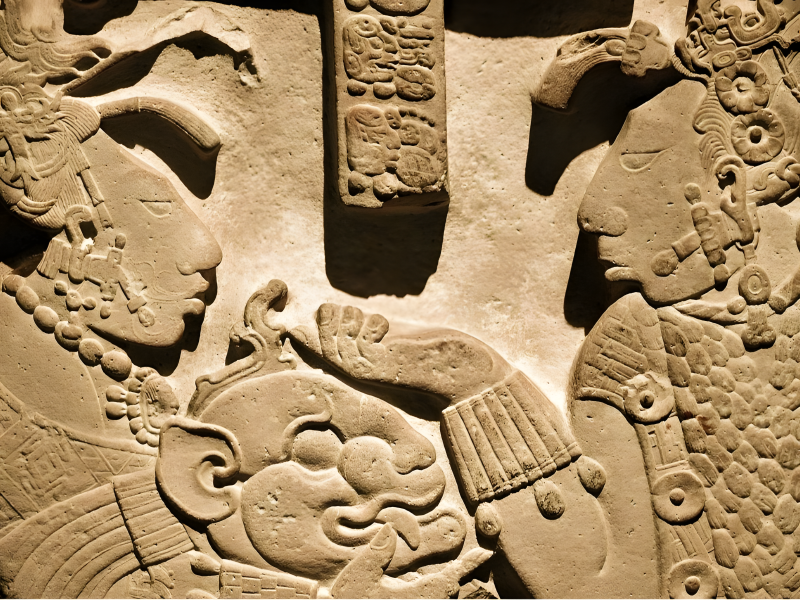6. The Misinterpretations of the Maya Calendar

Despite its richness and sophistication, the Maya calendar has often been misconstrued and misrepresented. Sensationalized interpretations, particularly regarding apocalyptic predictions, have obscured its true significance and the advanced knowledge it embodies. This chapter examines common misconceptions about the Maya calendar and their effect on our understanding of this ancient civilization. One of the most pervasive misconceptions is the belief that the Maya calendar predicted a specific end date, such as December 21, 2012. Popularized by media and conspiracy theories, this view oversimplifies the cyclical nature of the calendar and disregards the broader context of Maya cosmology. To the Maya, time was a sequence of repeating cycles of growth and renewal, not a linear march toward a definitive end. The depiction of the Maya calendar as a portent of doom diminishes its cultural and spiritual importance. For the Maya, the calendar was deeply intertwined with their agricultural practices, religious ceremonies, and social systems. Reducing it to a mere prophecy of destruction undermines the complex ways in which the Maya comprehended their environment and their role within it. Another frequent misinterpretation involves imposing modern concepts of timekeeping on the Maya calendar. Although the Maya devised sophisticated mechanisms for tracking time, their perception of time was fundamentally distinct from our linear viewpoint. To the Maya, time was cyclical, with each cycle offering chances for renewal and transformation. This perspective challenges contemporary notions of progress and invites us to reconsider our relationship with time. These misunderstandings emphasize the importance of cultural context in appreciating ancient societies. Approaching the Maya calendar with an open mind and a readiness to engage with its complexity allows us to better grasp the wisdom of the Maya. This understanding fosters greater appreciation for their cultural diversity and the lessons they provide for navigating our own lives. Ultimately, the misinterpretations of the Maya calendar serve as a reminder of the value of nuanced and thoughtful exploration of ancient knowledge. Acknowledging the cyclical nature of time and the calendar’s significance within Maya civilization helps us move beyond sensationalized narratives and embrace the profound insights the Maya have to offer. Through this understanding, we honor their legacy and deepen our appreciation of the complexity of human experience.
Advertisement
Recommended Reading: From School Days to Fame: 30 Celebrities Then and Now
You are viewing page 6 of this article. Please continue to page 7
























Maintains resilience under churn.
Sets up productive dissent well.